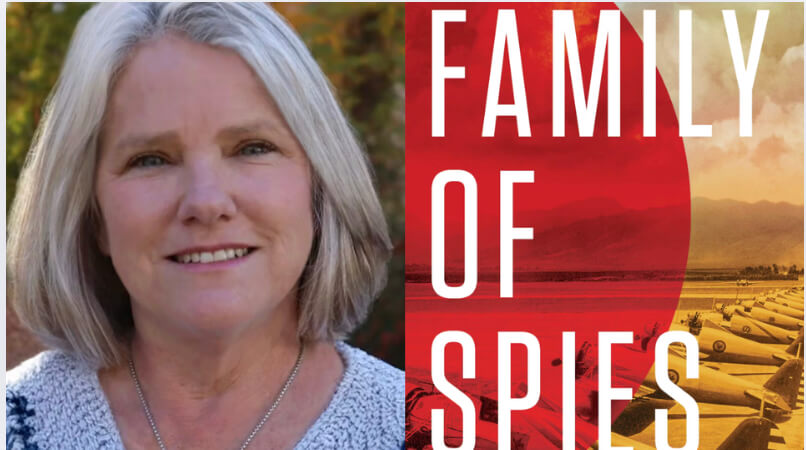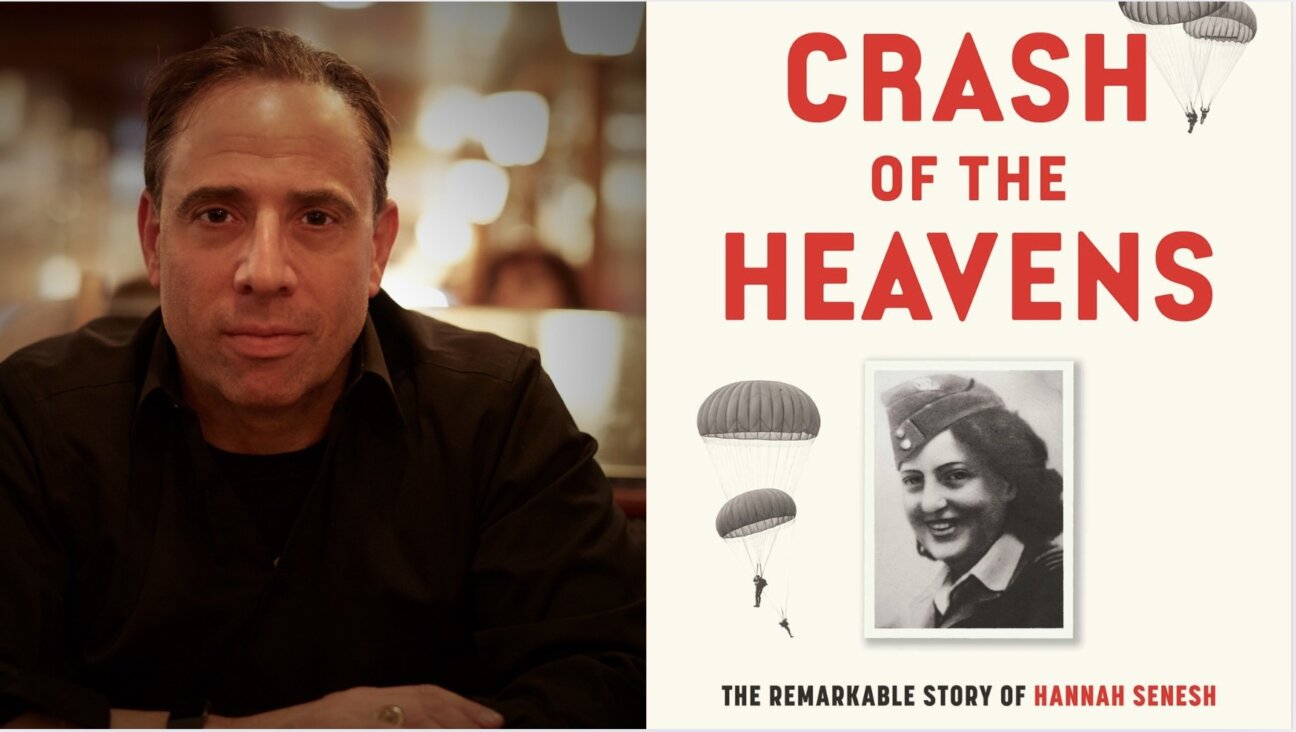Malamud’s ‘Refugee’ at 50

Graphic by Angelie Zaslavsky
A version of this post originally appeared on Ron Hogan’s Beatrice blog.
I owe my discovery of Bernard Malamud’s “The German Refugee” — published 50 years ago Saturday — to “The Best American Short Stories of the Century,” which joined my bookshelf shortly after its release. And although I don’t normally use the word “frisson” in everyday conversation, it describes exactly what went through me when I saw the title of Malamud’s story in the anthology’s table of contents.
Reading this story as a writer, I noticed several elements. First, there is the first-person narrator through whose eyes we learn of another character and his conflicts. Perhaps the most famous example of this technique is the Nick Carraway narrative of Jay Gatsby’s story in “The Great Gatsby.” In “The German Refugee,” American Martin Goldberg recounts the tale of the eponymous “German Refugee,” an older German-Jewish man named Oskar Gassner, whom Martin describes as “the Berlin critic and journalist” who had fled Germany in the months after the Kristallnacht of November 1938. In those days, Martin tells us, he “made a little living” by tutoring such refugees in English, and the meat of the story recalls the summer of 1939, when Martin worked with Gassner in preparation for the latter’s delivery of a lecture in English.
Then, too, for anyone who focuses on language, this story yields rich rewards. One sees how a character — in this case, a refugee character — gains definition through speech: “‘Zis heat,’ he muttered…. ‘Impozzible. I do not know such heat.’ It was bad enough for me but terrible for him. He had difficulty breathing.”
Language itself is almost a minor character in this story, inspiring tremendous anguish. As Martin reveals: “To many of these people, articulate as they were, the great loss was the loss of language — that they could no longer say what was in them to say. They could, of course, manage to communicate, but just to communicate was frustrating. As Karl Otto Alp, the ex-film star who became a buyer for Macy’s, put it years later, ‘I felt like a child, or worse, often like a moron. I am left with myself unexpressed. What I knew, indeed, what I am becomes to me a burden. My tongue hangs useless.’”
So I have writerly reasons to be interested in this Malamud tale. But undoubtedly it is because of two “German refugees” in my own life that I have revisited this story so often. Like Oskar Gassner, my father’s parents were Jews who emigrated from Germany in the late 1930s. In Oskar’s speech, I can hear theirs.
Moreover, as a writer with a specific, intense interest in how one who has not directly experienced Nazism or the Holocaust can still create fiction around those subjects — an interest manifested in my story collection, “Quiet Americans” — I am also compelled by Malamud’s approach, as explained by critic Eileen H. Watts.
Watts quotes Malamud as saying that in another of his works, the novel “The Fixer,” he “was able to relate feelingfully to the situation of the Jews in Czarist Russia partly because of what I knew about the fate of the Jews in Germany.” Watts suggests:
Despite not addressing the Holocaust directly in his fiction, Malamud was profoundly affected by it. Indeed, the importance of Malamud’s work to Holocaust writing lies in his realistic reflection how survivors, refugees, and Jews who were not physically affected by the Holocaust continue to be affected by it…
Responding to the Holocaust as a man who is a writer, Malamud created Jewish characters who carry their history on their backs — and in their hearts… Malamud’s status as a writer derives from his ability to translate his “feelingfulness” for the six million who perished into Jewish characters who live in the Holocaust’s indelible shadow.
In “The Best American Short Stories of the Century,” the permissions listings reveal that “The German Refugee” first appeared in the September 14, 1963, issue of The Saturday Evening Post. In my paperback copy of Malamud’s “Complete Stories,” a note about “The German Refugee” indicates: “Title in the magazine was ‘The Refugee.’”
The longer title evidently appeared as early as December of that year, when Malamud’s “Idiots First” collection was published. It’s a curious circumstance, and it’s one that I may investigate further. For now, though, I can say this much: As a reader, writer, and granddaughter, I am most grateful for the adjective.
















